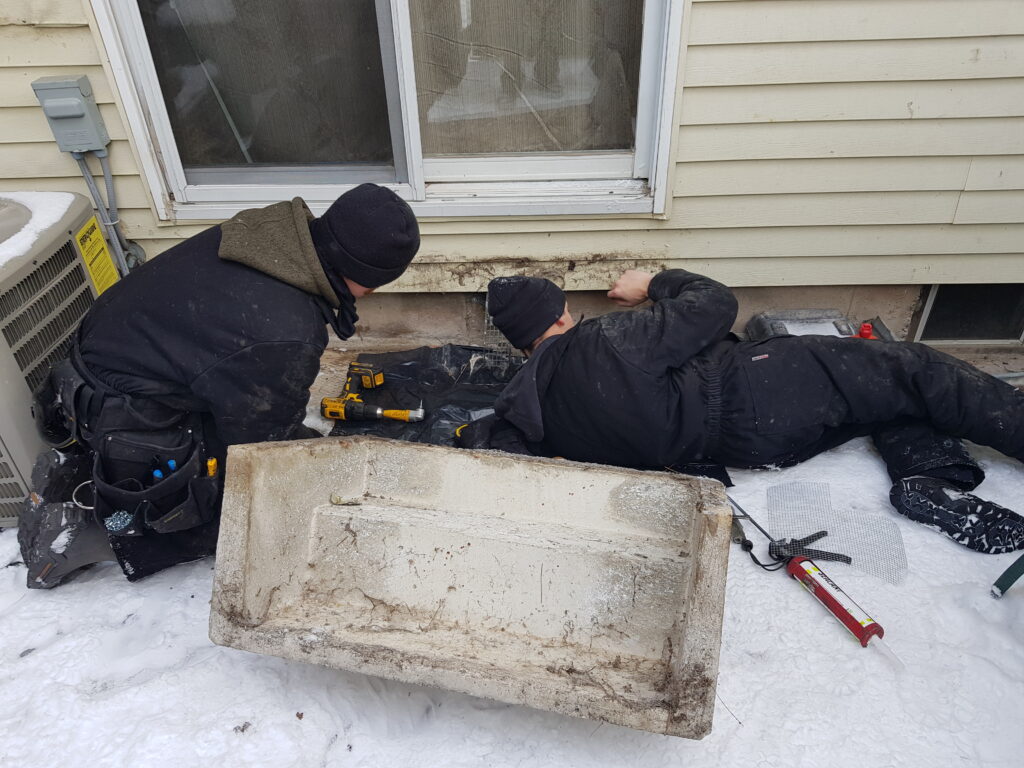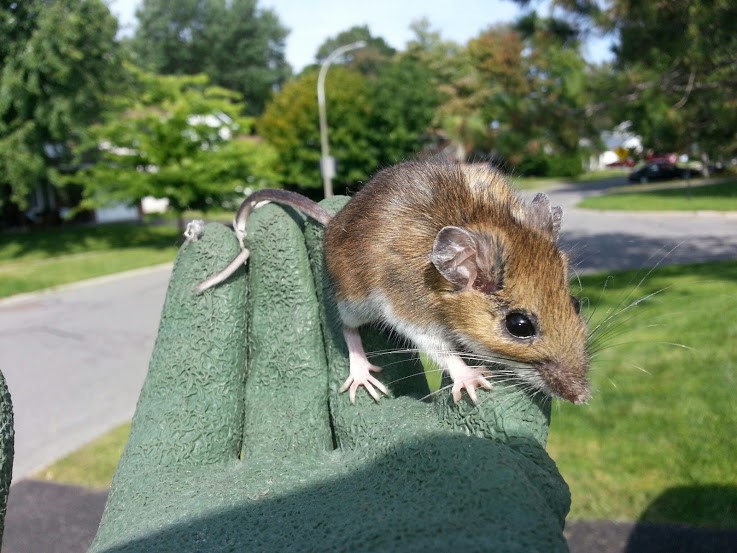Mice are a frequent reason for calls to wildlife removal in Montreal. Mice pose health risks to humans, especially if they bite. Here are some things you should know if you get bitten by a mouse and also in the interest of preventing mouse bites.
1. Do Mice Bite Often?
Mice are not particularly aggressive animals. As prey animals, they can’t afford to be. Mice see humans as potential threats and would prefer to avoid them if possible.
However, if a mouse is cornered and cannot find any means of escape, it is likely to fight in self-defence. A mouse’s only weapons are its teeth and claws, both of which are sharp and could do some moderate damage.
You may seem less threatening while you sleep, but mice usually won’t join you in bed unless there are some tasty crumbs in the sheets. If you move in your sleep in a way that the mouse finds threatening, it may become frightened and bite, but this is an unlikely scenario.
2. Can Mice Get Rabies?
Mice are mammals, and all mammals are susceptible to rabies infection. However, the incidence of rabies in mice is very low. The primary way that mice could contract rabies is from a bite from a predator. In this scenario, the mouse usually doesn’t survive long enough for the rabies virus to incubate.
While it is unlikely that you could get rabies from a mouse bite, mice can spread other diseases to humans through their saliva. These include leptospirosis, a bacterial infection, and hantavirus. Mouse bites are not the most common way these diseases transmit to humans; it is more typical to become infected from exposure to mouse excrement, but it is possible.
Leptospirosis can cause dangerous complications if left untreated, but it is possible to treat it effectively with antibiotics. Hantavirus causes severe respiratory disease, and there is no effective treatment other than managing symptoms, which usually involves artificial respiration on a ventilator, until the infection runs its course.
3. What Should You Do if Bitten by a Mouse?
If a mouse bites you hard enough to break the skin, the first thing you should do is wash the wound using warm running water and some mild soap. Squeezing the wound gently pushes out some of the blood, which may carry pathogens with it. If there is any foreign matter left in the wound, such as dirt, hair, or possibly teeth, remove it carefully. Pat the wound dry and use some antibiotic ointment or disinfecting solution on it before applying an adhesive bandage.
If the wound bleeds profusely, cover it with a piece of sterile gauze and apply pressure. See a doctor as soon as possible if the wound seems serious. If not, it may still be a good idea to call your doctor and see if there is anything else you need to do. If you have pain from the bite, you may take an over-the-counter pain reliever, such as ibuprofen.
4. How Can Mice Removal From Skedaddle Help Prevent Mouse Bites?

Mice typically only bite when they feel threatened, so the best way to prevent bites is to avoid handling them. Nevertheless, you still need them out of your house, which is where Skedaddle comes in. Our technicians are trained to handle mice and other wild animals safely and remove them thoroughly.
Did you know that cleaning up after mice can expose you to illness? Stirring up the droppings can launch aerosolized pathogens into the air, where you can breathe them in. Our technicians clean and disinfect contaminated areas without putting you or your family at risk. We then seal off all entry points to prevent them from getting back in. Learn more about our mice removal services.



